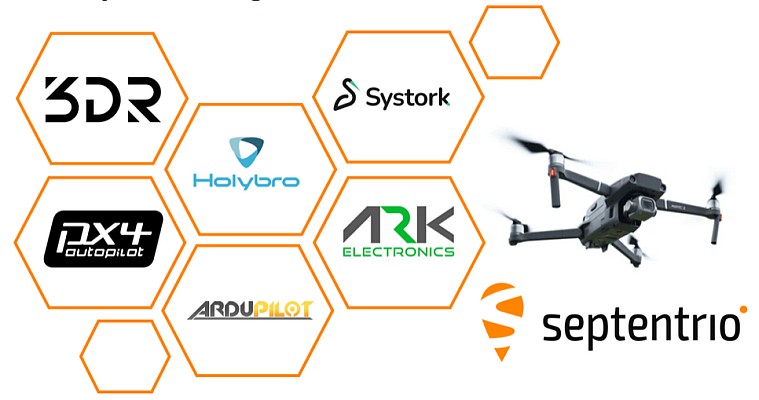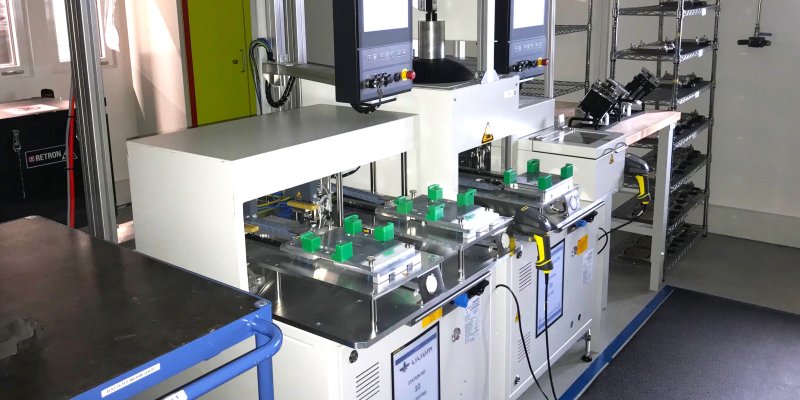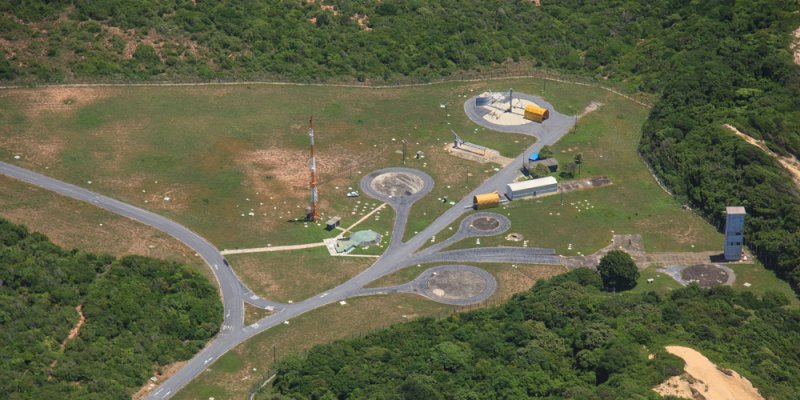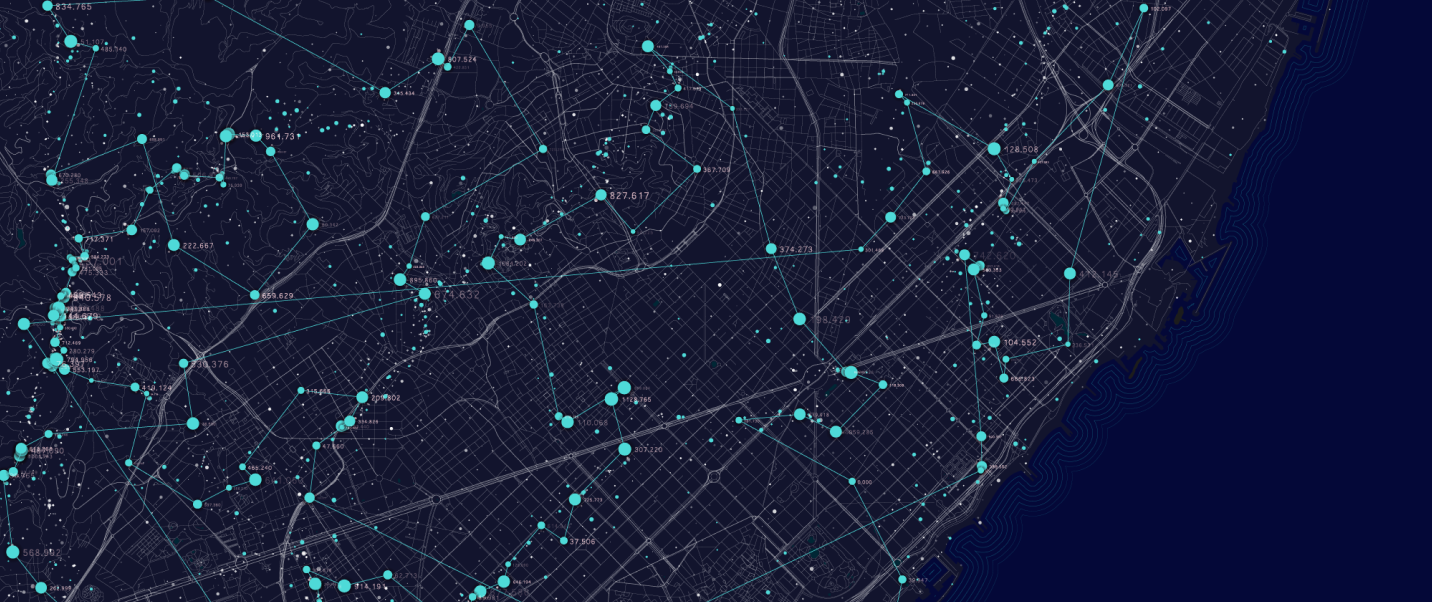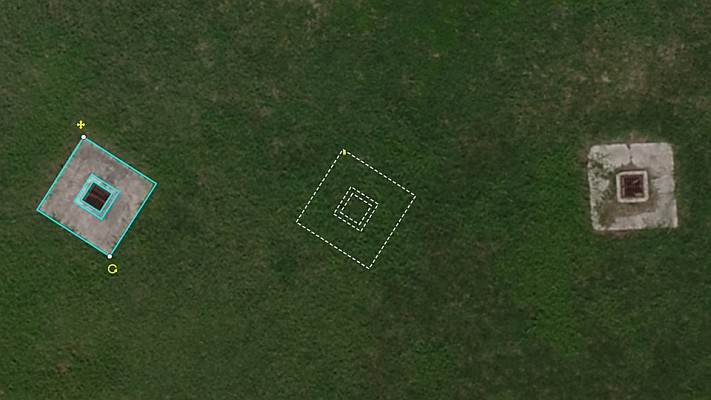The United Nations Office for Outer Space Affairs (OOSA), the Government of Morocco and the Prince Sultan bin Abdulaziz International Prize for Water (PSIPW) are jointly co-organizing the above Conference to promote the use of space technology for benefits of the developing countries.
 The Conference will be held in Rabat, Morocco, from 1 to 4 April 2014. It will be hosted by the Royal Center for Remote Sensing (CRTS) on behalf of the Government of Morocco and cosponsored by European Space Agency (ESA) and the Inter-Islamic Network on Space Sciences and Technology (ISNET).
The Conference will be held in Rabat, Morocco, from 1 to 4 April 2014. It will be hosted by the Royal Center for Remote Sensing (CRTS) on behalf of the Government of Morocco and cosponsored by European Space Agency (ESA) and the Inter-Islamic Network on Space Sciences and Technology (ISNET).
The Conference is the third international event focusing on water-related issues in the series of meetings organised in co-operation with, and with financial assistance of, the Prince Sultan bin Abdulaziz International Prize for Water (PSIPW) and European Space Agency (ESA). The first UN/UNESCO/Saudi Arabia International Conference on the Use of Space Technology for Water Management took place in Riyadh, Saudi Arabia, in April 2008, and the second UN/Argentina meeting was held in March 2011 in Buenos Aires, Argentina.
Space technologies, including satellite remote sensing technology in particular, have demonstrated proven capabilities in meeting challenges of water resource management, as rapid population growth and development pressures continue to impose additional stresses on scarce resources. Continuous Earth observations from space are crucial to manage water resources for the benefit of mankind and the environment, as well as to provide important forecasting services to prevent water-related disasters such as floods and droughts.
Remote sensing satellites provide data on several key water-related variables (for example, rainfall, precipitations, water storage, soil moisture and evaporation) using spatial and temporal scales that are appropriate for reliable assessment. A satellite-based approach to assessment and management of water resources is especially important in countries and regions of the world where adequate hydrological networks do not exist.
Starting with its session in 2004, the United Nations Committee on the Peaceful Uses of Outer Space (COPUOS) began to consider matters related to the use of space-related technology in water resource management. The Committee noted that in response to the deepening water crisis, space technology could contribute to a better water resource management by providing data and information on the availability of water resources and water use. The Committee also noted that once converted into practical information, scientific data on water resources provided by satellites could be used to formulate policy and implement programmes at the national, regional and international levels, including those of the World Bank, the United Nations Development Programme and other entities of the United Nations system.
The Conference will address these issues, and will discuss how space technology can contribute in better management of water resources, including combating desertification, ensuring access to safe drinking water and managing water-related emergencies in developing countries, with the following primary objectives:
• To enhance capabilities of countries in the use of space-related technologies, applications, services and information for identifying and managing water resources;
• To strengthen international and regional cooperation in this area;
• To increase awareness among decision-makers and research and academic community of space technology applications for addressing water-related issues, primarily in developing countries;
• To promote educational and public awareness initiatives in the area of water resources management, as well as to contribute into capacity building process in this area.
Source: OOSA


